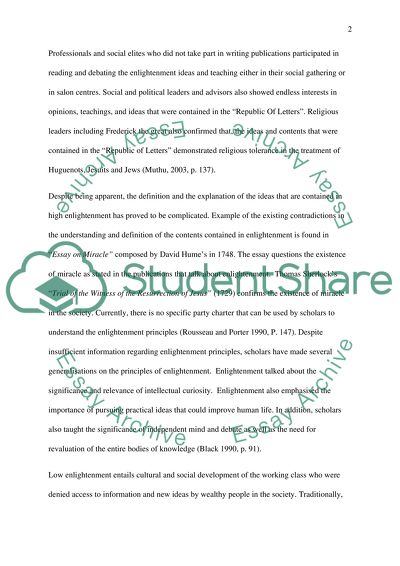Cite this document
(“To what extent was the Enlightenment socially inclusive Essay”, n.d.)
Retrieved from https://studentshare.org/history/1466151-to-what-extent-was-the-enlightenment-socially
Retrieved from https://studentshare.org/history/1466151-to-what-extent-was-the-enlightenment-socially
(To What Extent Was the Enlightenment Socially Inclusive Essay)
https://studentshare.org/history/1466151-to-what-extent-was-the-enlightenment-socially.
https://studentshare.org/history/1466151-to-what-extent-was-the-enlightenment-socially.
“To What Extent Was the Enlightenment Socially Inclusive Essay”, n.d. https://studentshare.org/history/1466151-to-what-extent-was-the-enlightenment-socially.


